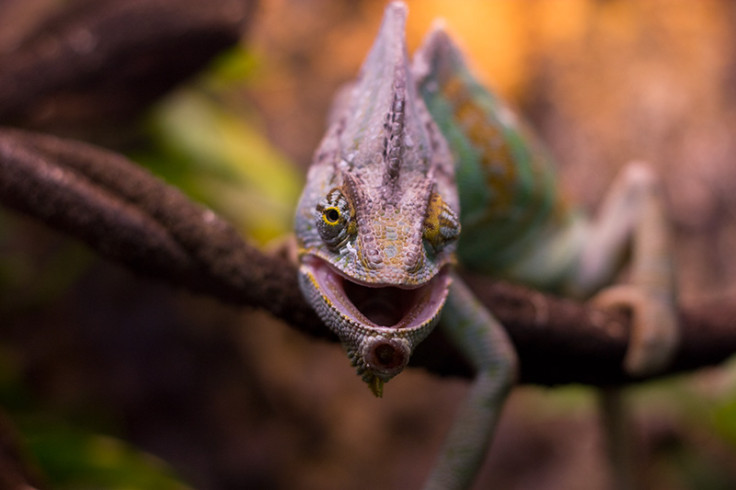What caused a 2 billion year hold up in the evolution of complex animals?
A lot of dead bacteria in rocks soaked up the oxygen in the atmosphere for billions of years.

Oxygen appeared at significant levels in our atmosphere around 2.4 billion years ago, but something stopped it rising to levels that could allow complex animals to evolve further for a further two billion years.
Scientists now say that a backlog of dead bacteria reacting with the oxygen was what caused the evolutionary delay.
High oxygen levels are necessary for complex life to evolve as it demands a lot of energy. When oxygen first began to appear in the atmosphere, there should have been a steady trajectory from a little to sufficiently high levels of oxygen to facilitate the evolution of more complex animals. But this didn't happen.
Tim Lenton of the University of Exeter, UK suggests in a paper in the journal Nature Communications that the weathering of rocks full of ancient dead bacteria that hadn't been exposed to much oxygen before kept the levels low for billions of years. Once exposed, the dead organic matter reacted with the oxygen, taking it out of the atmosphere.
These rocks – like present-day shales – may have soaked up much of the early oxygen. The more oxygen was present, the faster the reaction would happen, keeping oxygen levels at a steady low level. The continual process of rock weathering meant that more dead bacteria was exposed to the atmosphere over time, renewing the process and keeping oxygen levels low.
For the two billion years after low levels of oxygen first appeared in the Great Oxidation Event, this kept atmospheric oxygen levels at around 1-10% of what they are today.
"We have this vast interval where oxygen levels are there but too low to support animal complexity. It's even debated whether too low to allow even original forms of animals to start to evolve, such as sponges or jellyfish," Lenton told IBTimes UK.
The event that took the planet out of this low-oxygen environment was the evolution of complex plants around 450 million years ago. This altered the balance of oxygen profoundly and led to atmospheric levels rising significantly, negating the effects of the dead bacteria in rocks.

This is what got the ball rolling with the evolution of complex animals, starting with sponges and jellyfish and ending up with mammals.
"For complex animal life that moves around and even thinks like you and I, you need quite a lot of oxygen just to sustain the power of our bodies and our brains," Lenton said. "So there's a general view you couldn't have the more complex forms of life on the planet until you got fairly near the present levels of oxygen in our atmosphere."
© Copyright IBTimes 2025. All rights reserved.






















